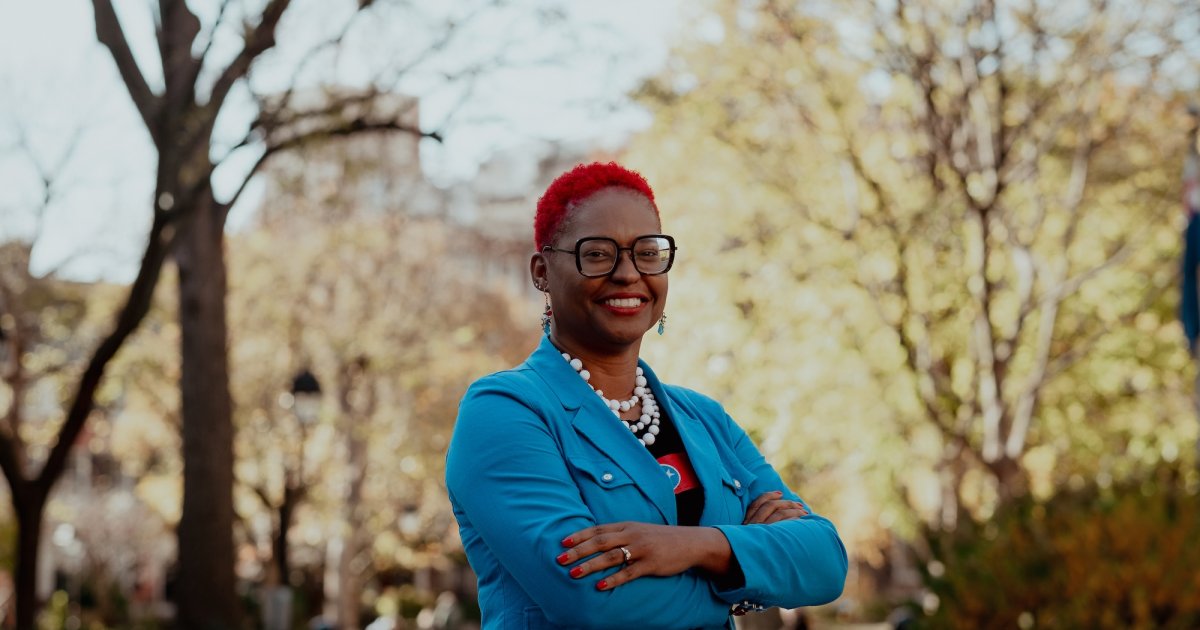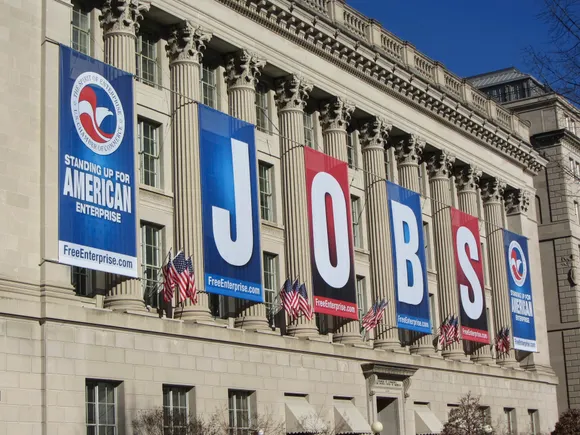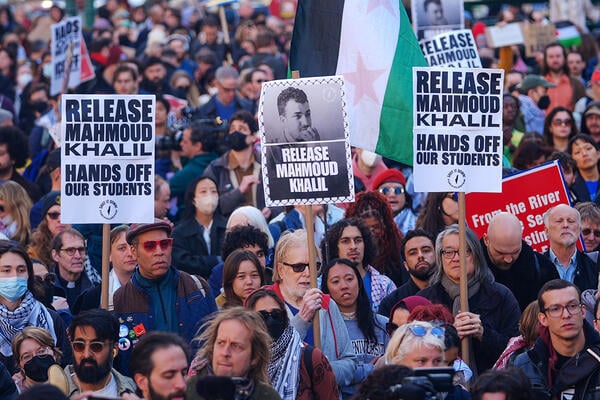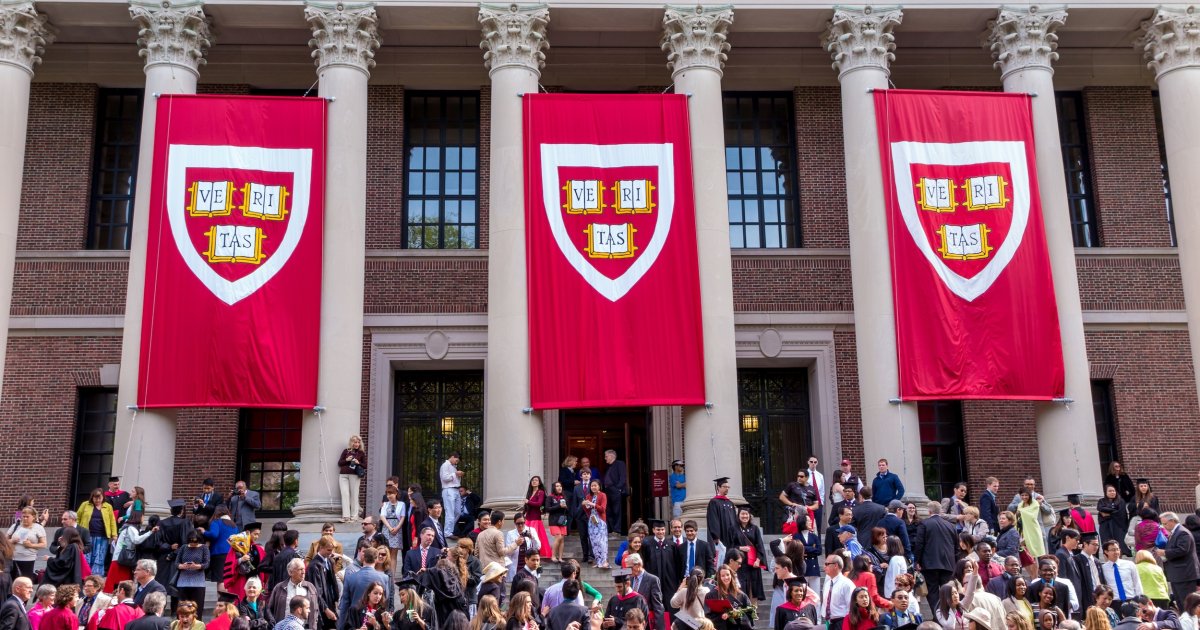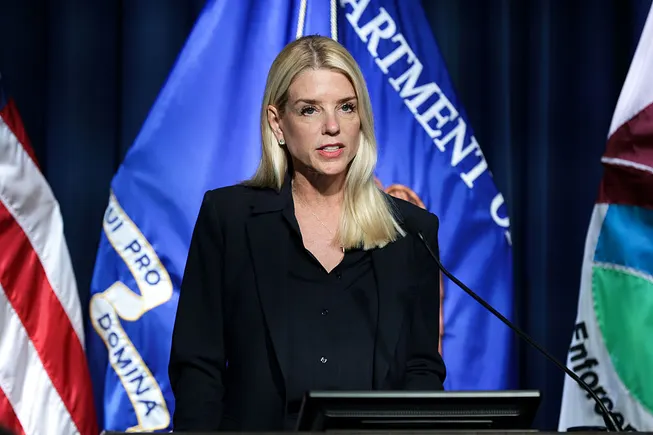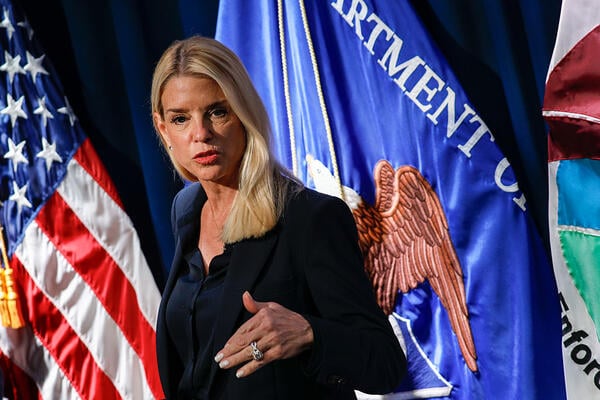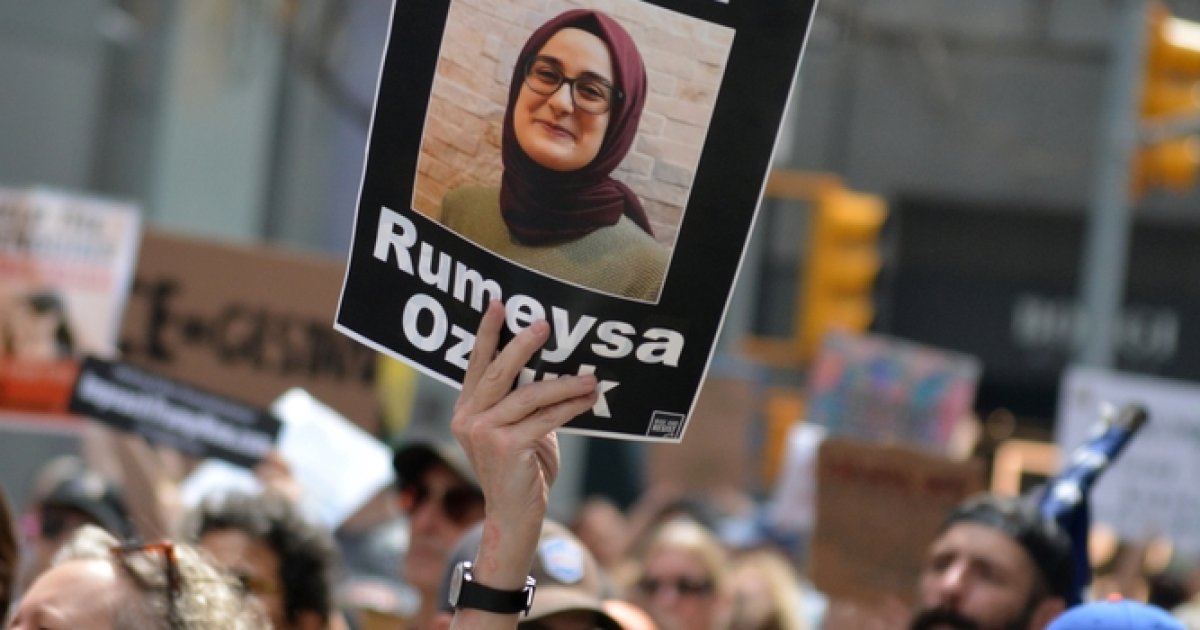Dive Brief:
- A federal judge on Friday ordered the permanent reinstatement of U.S. Department of Education mental health grants in 16 states, ruling that the April cancellation of the school-based and professional development funding was unlawful.
- The order came a week after the Education Department awarded $208 million in new mental health grants under revised priorities set by the Trump administration that prohibit recipients from “promoting or endorsing gender ideology, political activism, racial stereotyping, or hostile environments for students of particular races.”
- The original multi-year grant program first became available in 2018 to help schools address a worsening youth mental health crisis and increased school violence, including by supporting partnerships with colleges to expand the number of mental health providers available to students. Court records in the case, which was filed by the 16 states covered in the ruling, described how the funding brought more mental health professionals into schools and improved school climates.
Dive Insight:
The Education Department in April discontinued already approved funding for the School-Based Mental Health Services Grant Program and the Mental Health Service Professional Demonstration Grant Program that had been approved in fiscal years 2022, 2023 and 2024, saying they conflicted with Trump administration’s priorities.
The new grant priorities announced in July limited funding to hiring school psychologists rather than also funding school counselors and social workers, who often also provide student mental health supports.
U.S. District Judge Kymberly Evanson, in the Dec. 19 order in State of Washington v. U.S. Department of Education, took the Education Department to task for politicizing the grant program. “Nothing in the existing regulatory scheme comports with the Department’s view that multi-year grants may be discontinued whenever the political will to do so arises,” the ruling said.
The Education Department did not return a request for comment Monday.
The canceled grants caused “significant disruption” to the 16 plaintiff states, according to the judge. Nationally, the Education Department said the canceled grants totaled about $1 billion, according to court records.
Evanson found the Education Department had violated the Administrative Procedure Act multiple times through actions that “are arbitrary and capricious and contrary to law.”
Specifically, the judge ruled that the department’s discontinuation notices to grantees in the 16 states that sued were “arbitrary and capricious” because they did not explain the reason for the cancellations. “The Department makes no effort to analogize the discontinuation notices or the process by which the notices were issued to the cases they cite,” Evanson said.
The permanent injunction prevents the Education Department from issuing new priorities or irrelevant information to judge the mental health grant applications. Additionally, the court said it will oversee compliance with the order. In October, Evanson had issued an order granting the state’s motion for a preliminary injunction.
The mental health grant programs began in 2018, after the school shooting at Florida’s Marjory Stoneman Douglas High School, which killed 14 students and three staff members. The grants were continued and expanded over the years, including after the 2022 school shooting at Texas’ Robb Elementary School, where 19 students and two teachers were killed.
Washington Attorney General Nick Brown, who led the states’ lawsuit, said in a Dec. 20 statement the mental health grants helped schools hire 14,000 mental health professionals who provided mental and behavioral health services to nearly 775,000 K-12 students nationwide in the first year, helping to reduce wait times for students needing help.
“We’re facing a youth mental health crisis,” Brown said in response to the latest court order. “Making sure our kids have proper support should never be subject to political whim. This is why we stand firm against this administration’s utter disregard for the law.”
Massachusetts Attorney General Andrea Joy Campbell, in a Dec. 22 statement, said the ruling “ensures that our young people are not unlawfully denied resources, including mental health professionals in schools, to help them navigate a nationwide mental health epidemic.” Massachusetts was among the plaintiff states.
Kelly Vaillancourt Strobach, director of policy and advocacy for the National Association of School Psychologists, said that NASP is “pleased to see that the grantees in these plaintiff states will be able to continue their work next year.”
She added that grantees still have a lot of questions and that NASP “will be working with them to get answers to them in the new year about the future of their grant.”
Myrna Mandlawitz, policy and legislative consultant for the Council of Administrators of Special Education, said the ruling could bode well for other plaintiffs suing the administration over canceled grants. “You can’t enforce against a grantee criteria that they didn’t know about when they applied for and received the grant. That doesn’t even pass the laugh test if you ask me,” Mandlawitz said.
Joining Washington and Massachusetts in the lawsuit were the attorneys general of California, Colorado, Connecticut, Delaware, Illinois, Maine, Maryland, Michigan, New Mexico, New York, Nevada, Oregon, Rhode Island, and Wisconsin.


